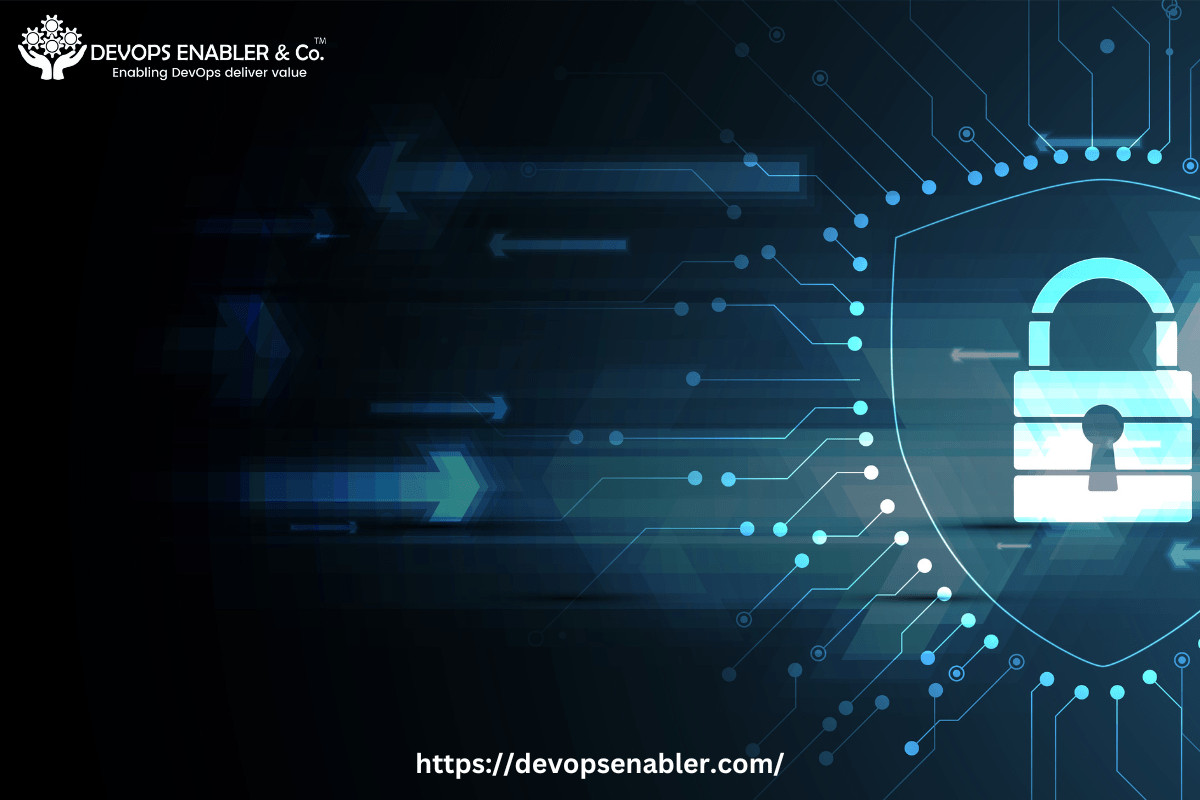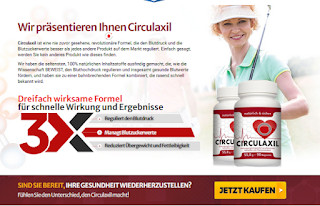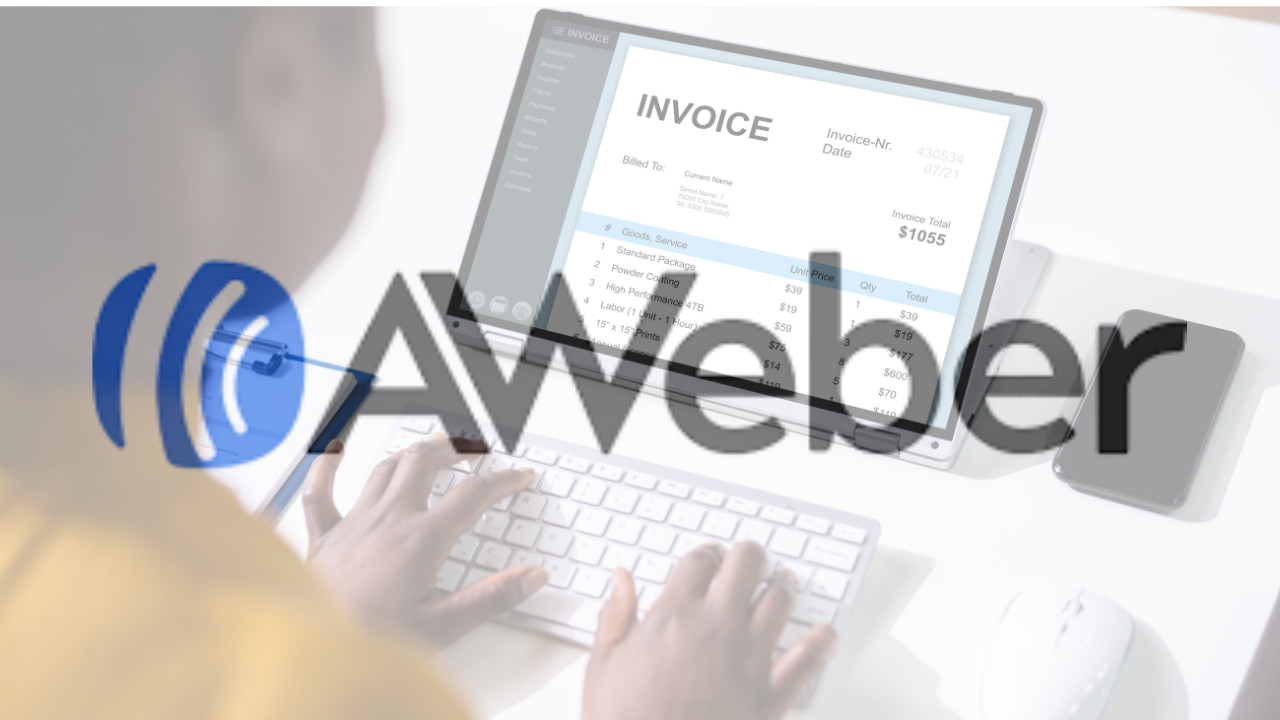The collaboration between DevOps and Security teams is pivotal to achieving robust application security. The metaphorical phrase, "App Security Is a Team Sport," encapsulates the collective responsibility of these teams in safeguarding applications. However, despite the shared goal, the workflows of DevOps and Security often resemble players in different games. The challenge lies in aligning these teams without disrupting the seamless flow of application delivery. This article explores the intricacies of balancing collaborative security efforts as a team sport with the complexities introduced by DIY-integrated toolchains.
The Dilemma of DIY-Integrated Toolchains:
DevOps, driven by the need for continuous integration and rapid delivery, often turn to DIY-integrated toolchains to streamline workflows. These toolchains promise to expedite application delivery, but they come with a set of costs and overhead that can disrupt the harmony of the development process.
· Complexity Overhead: The quest for speed in application delivery can lead organizations to incorporate multiple tools, each serving a specific purpose. However, each new tool introduces its layer of complexity. Project managers, developers, testers, operations, and security teams may find themselves navigating a maze of configurations, potentially impeding efficiency and productivity.
· Islands of Data: The diverse functionalities of integrated tools result in fragmented data across the application delivery pipeline. Rather than a unified view, teams encounter isolated islands of data, hindering a comprehensive understanding of the application's security posture. This fragmentation compromises the ability to identify and respond effectively to security threats.
· Inconsistent Security Settings: Each tool integrated into the chain may come with its own set of security configurations. This diversity can lead to inconsistencies in the application's security posture throughout the development lifecycle. Transitions between tools may introduce vulnerabilities due to variations in security protocols, jeopardizing the overall security of the application.
· Reporting Challenges: Reporting is a cornerstone of effective application security, aiding in communication and compliance efforts. However, the integration of multiple tools often results in disjointed reporting mechanisms. Generating comprehensive reports becomes challenging, impeding effective communication between teams and hindering compliance efforts.
· Compliance Issues: Ensuring compliance with industry standards and regulations is a top priority. Yet, the adoption of diverse tools complicates the adherence to compliance requirements. Each tool may bring its own set of compliance needs, resulting in potential issues that could have legal and financial implications for the organization.
Contact Us for Timely Solutions: https://devopsenabler.com/contact-us
Teams Out of Sync: Limited Visibility and Governance
As organizations augment their integrated toolchains with new tools, the collaborative efforts of project managers, developers, testers, operations, and security teams may suffer. The lack of synchronization in workflows can create a scenario where teams are not just out of sync but practically playing different games.
1. Limited Visibility: The introduction of each new tool may inadvertently limit visibility into the application delivery process. Project managers may struggle to track progress, developers may find it challenging to align with security requirements, and security teams may face difficulties assessing the overall security posture.
2. Governance Challenges: Governance, a crucial aspect of maintaining control and compliance, becomes increasingly challenging with the integration of multiple tools. Establishing consistent policies and ensuring adherence across the diverse toolset becomes a daunting task, posing a risk of overlooking critical security measures.
Navigating Towards Unified Security:
To overcome the challenges associated with DIY-integrated toolchains and align DevOps and Security teams effectively, organizations must adopt a unified approach to application security.
1. Integrated Collaboration Platforms: Choose collaboration platforms that cater to the needs of both DevOps and Security teams. These platforms should provide seamless communication channels, shared dashboards, and collaborative workflows, ensuring teams are on the same page throughout the development lifecycle.
2. Centralized Visibility and Governance: Prioritize tools that offer centralized visibility into the entire application delivery process. A unified dashboard consolidates data from various stages, enabling teams to monitor security metrics and respond proactively. Establishing consistent governance policies ensures uniform security measures across the development pipeline.
3. Streamlined Communication: Facilitate continuous communication and collaboration between DevOps and Security teams. Regular meetings, feedback sessions, and joint planning ensure that both teams are aligned in their goals and strategies. This shared responsibility approach fosters a culture of collaboration rather than isolation.
Application security and Collaboration between DevOps and Security teams is not just a strategic move; it's the key to success. DIY-integrated toolchains, while promising acceleration, can inadvertently lead to disarray and disconnect. By adopting a unified approach, leveraging integrated collaboration platforms, and fostering streamlined communication, organizations can ensure that their teams are not just playing the same game but playing it together. The ultimate goal is not only to deliver applications swiftly but to deliver them securely, with a united front that meets both speed and security requirements.
Contact Information:
- Phone: 080-28473200 / +91 8880 38 18 58
- Email: sales@devopsenabler.com
- Address: #100, Varanasi Main Road, Bangalore 560036.








